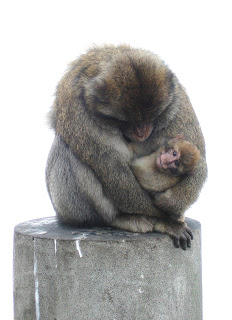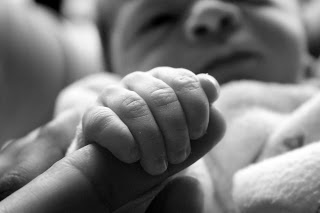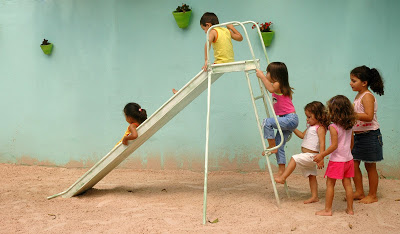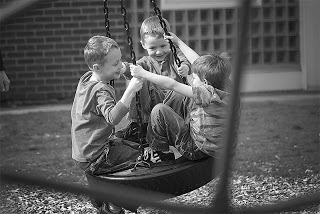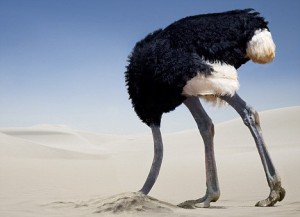The good news: here is a delightful story I was reminded of recently, the story of the Brave Little Dutch Boy, a tale of
moral courage,
physical courage,
emotional courage, the story that gives us the popular image of beating back disaster by the narrowest margin: the finger in the dike. I loved this story when I was young. It was so inspiring!
In the old city of Haarlem, the sea was held back by strong dikes, great walls of earth which protected the low-lying coastal lands. From atop the dykes one had beautiful views of the sea on one side, and the rich green farms on the other. For a little boy named Hendrik, walking along the tops of the dikes was a great pleasure, and one evening, coming home from his grandmother’s house, he was enjoying the view of the wintry sea when he heard a small, watery trickle. The light was fading, but he peered around, wondering where the sound was coming from. He cocked an ear, and following the noise he made his way down the back side of the dike, where shadows were already gathering. To his dismay, he saw water spurting through a tiny hole. Now, Hendrik was very young, but even young children in that country knew that the dikes were what protected their farms and homes and livestock. A small leak could quickly become a larger leak, and when the tide turned and pressed with all its might the dike could give way completely, flooding the entire city! In growing alarm, Hendrik looked around for something to plug the hole with. Nothing. Without giving it further thought, Hendrik stuck his finger into the dike. “Help!” he cried, looking out across the twilit fields. “Help!” Night fell, and the cold, damp air wrapped around the shivering, frightened boy. Visions of his warm supper and fireside filled his imagination, only to be chased away by visions of raging floodwaters. He dared not leave, for he knew it could spell disaster. “Help!” he called again, his voice hoarse. “Someone help me!” At last, he saw a lantern bobbing in the darkness, coming closer and closer. A search party had been sent to find him, his father in the lead. “My brave boy!” Hendrik’s father cried. While the strong men of Haarlem set to work repairing the dike, the young hero was carried home, given his supper, and tucked into bed.
Delightful story! Beloved by millions! But here’s the bad news. I’m sorry to say that this story is not a traditional Dutch story at all, but 19th Century American product of “Holland-Mania.” Careful consideration of the story along with even the slightest experience with wet soil will make it clear that the story cannot represent any sort of real scenario. The Dutch, with centuries of experience of using dikes to keep the sea out of their low-lying country, would never have invented such an improbable tale. If an earthen dike is saturated enough with water to start leaking, one finger will never hold back the tide. I reckon the inventor of the tale was picturing something more like a brick wall with a bit of loose mortar, not a real levee or dike.
And yet, what is interesting (to me) is how popular the story became, and how enduring the image of the boy with his finger in the dike is. We like to imagine the lone, small, heroic figure struggling against a mighty force to do the right thing. Perhaps what comforts us is thinking that we can be saved by the efforts of a few individuals while we are comfortably eating our dinners, and that our courage can be kept warm and dry while someone else braves the rising tide. Sorry to say, I don’t think that’s true. Neither do the Dutch, by the way. In 2007 that country prepared a
200-year plan to deal with the effects of global climate change and rising sea levels on their low-lying nation. Talk about the
intellectual courage to tackle uncomfortable facts!
Just because this story isn’t a traditional folk tale doesn’t mean I won’t tell it to my daughter. Helping her develop courage is part of my plan for preparing for the future. It’s not a 200-year plan, more of a 20-year plan. We all need the courage of the Brave Little Dutch Boy, even if he was fabricated as an unrealistic, romantic fantasy. So really, this is more a Bad News/Good News essay than a Good News/Bad News one. The bad news is we are all going to need a lot of courage; the good news is, we all have that potential, especially our kids.
.
